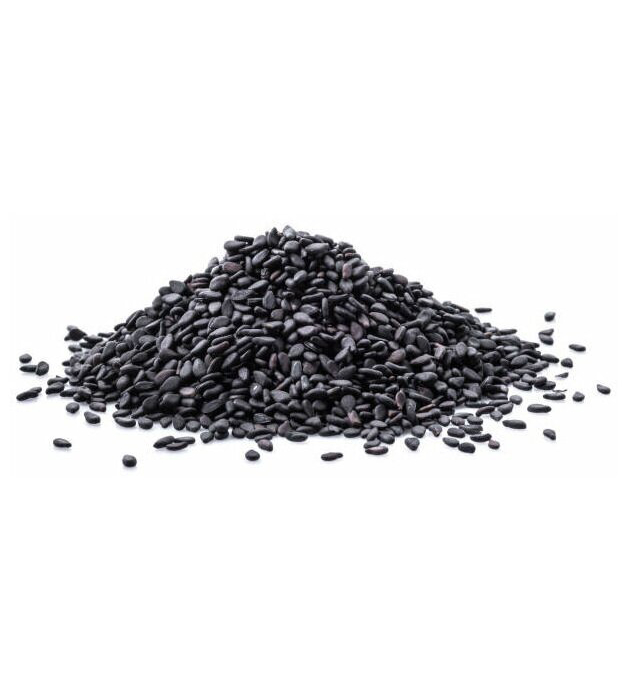Black seeds, commonly known as Nigella sativa, black cumin, or "kalonji," are small, black, teardrop-shaped seeds derived from a flowering plant native to Southwest Asia. Renowned for their distinct aroma and slightly bitter, peppery flavor with hints of oregano and nutmeg, black seeds are used as a spice and condiment in various cuisines. They are often sprinkled on bread, naan, pastries, or incorporated into curries, pickles, and spice blends. In Middle Eastern, Indian, and Mediterranean dishes, black seeds are prized for their ability to enhance flavor and add texture.
Black seeds are not only a culinary ingredient but also celebrated for their extensive medicinal properties, earning them the nickname "seed of blessing." They are rich in essential nutrients, including fatty acids, antioxidants, vitamins, and minerals. The active compound thymoquinone is responsible for many of their health benefits, which include anti-inflammatory, antioxidant, antimicrobial, and immune-boosting effects. Black seeds are traditionally used to support digestion, alleviate respiratory issues, regulate blood sugar, and promote heart health. In traditional medicine systems like Ayurveda and Unani, they are believed to balance bodily humors and enhance vitality. Versatile in use and rich in health-promoting properties, black seeds have been a treasured natural remedy and spice for centuries.
